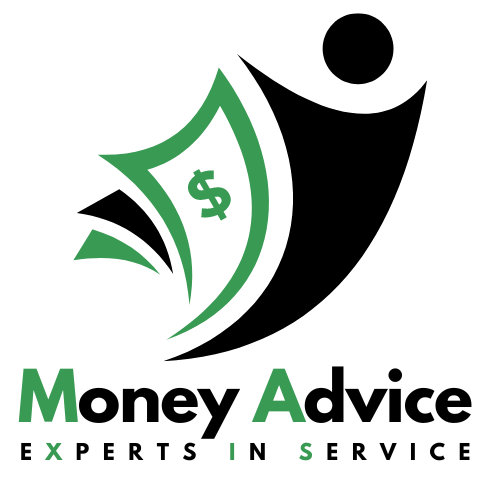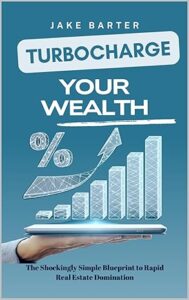For many Australian massage therapists, owning a home is a dream they aspire to fulfill. However, when it comes to applying for a home loan, the process can seem daunting, especially for those who are self-employed. Unlike traditional employees, self-employed individuals often face additional documentation requirements and scrutiny from lenders. Here, we’ll explore some common questions massage therapists may have about self-employment requirements when applying for a home loan in Australia.
1. What documents do lenders need from self-employed massage therapists?
Lenders typically require a range of documents to assess the financial stability and creditworthiness of self-employed applicants. For massage therapists, this may include:
- Tax returns: Both personal and business tax returns are usually required. Lenders may ask for the most recent two years of tax returns to evaluate income stability.
- Financial statements: Profit and loss statements, balance sheets, and bank statements provide insight into the financial health of the therapist’s business.
- Business registration documents: Proof of business registration or an Australian Business Number (ABN) demonstrates the legitimacy of the therapist’s practice.
- Business activity statements (BAS): BAS statements can help lenders verify income and GST registration.
2. How far back do therapists need to track income?
The timeframe for documenting income may vary depending on the lender’s requirements and the type of loan being applied for. Generally, lenders prefer to see a consistent income history over at least two years. However, some lenders may accept income evidence for as little as one year for specific loan products.
3. Can irregular income affect loan eligibility?
Massage therapists may experience fluctuations in income due to factors such as seasonal demand or personal circumstances. While irregular income may raise concerns for lenders, it doesn’t necessarily disqualify therapists from obtaining a home loan. Providing thorough documentation, including evidence of consistent income over time and projections for future earnings, can strengthen the application.
4. Are there specialized loan options for self-employed individuals?
Some lenders offer specialized loan products tailored to the needs of self-employed borrowers. These may include low-documentation (low-doc) loans or loans designed specifically for small business owners. While these loans may have slightly higher interest rates or require larger deposits, they provide flexibility for self-employed individuals who may not meet the strict income verification criteria of traditional loans.
5. How can therapists improve their chances of loan approval?
To enhance their prospects of loan approval, massage therapists should:
- Maintain accurate and up-to-date financial records.
- Minimize personal and business debt.
- Save for a larger deposit to reduce the loan-to-value ratio.
- Seek professional advice from a mortgage broker specializing in self-employed borrowers.
In conclusion, while the home loan application process may pose challenges for self-employed massage therapists, thorough preparation and understanding of the documentation requirements can significantly improve their chances of success. By partnering with knowledgeable professionals and presenting a strong financial profile, therapists can take steps towards achieving their homeownership goals in Australia.

 Turbocharge Wealth
Turbocharge Wealth McDonald’s Monopoly
McDonald’s Monopoly Real Estate Secrets
Real Estate Secrets Home Loan Handbook
Home Loan Handbook Rattle the Market
Rattle the Market
Leave a Reply
You must be logged in to post a comment.